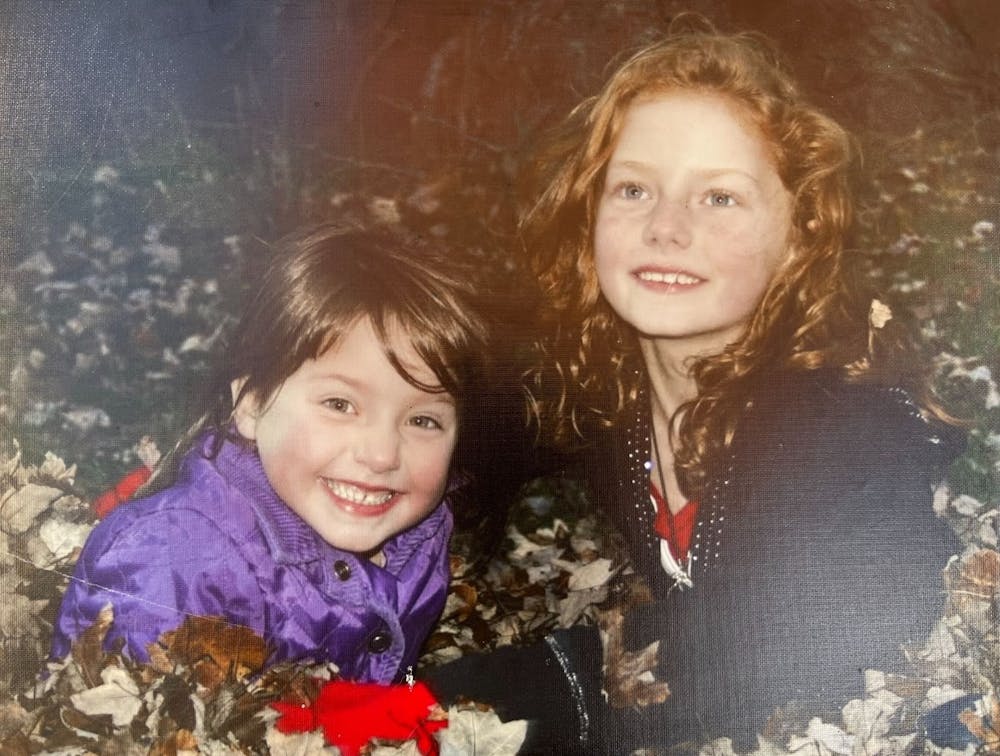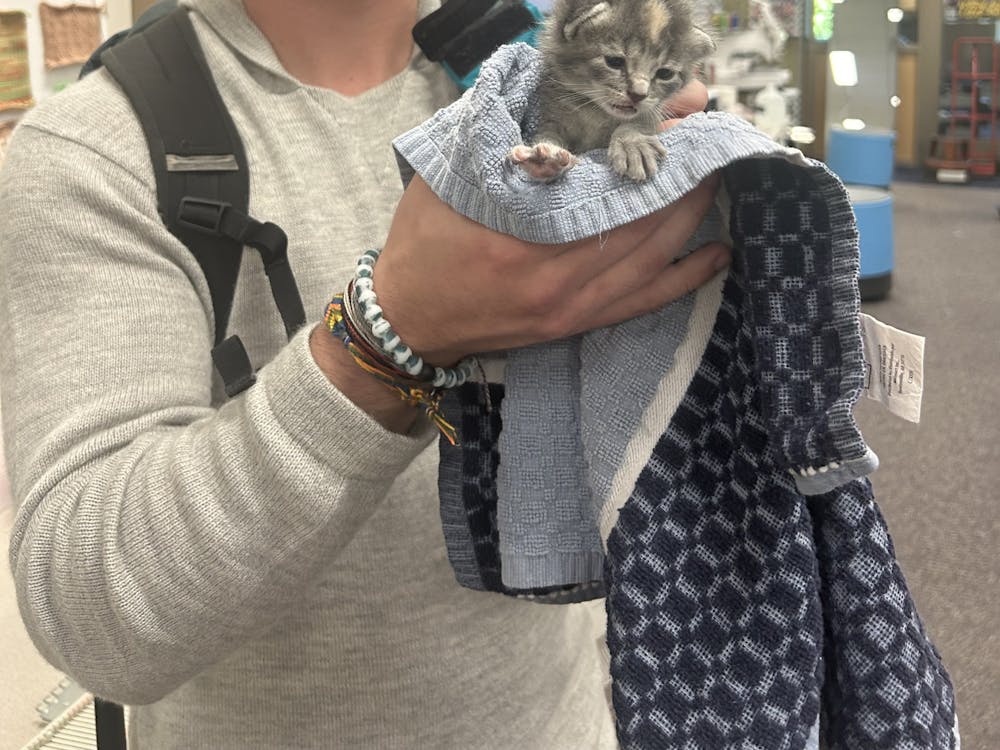A black treeline stretches across my childhood home’s backyard, a small forest that, as a kid, I imagined held the magic of Narnia and the beasts of the Forbidden Forest.
I caught crawfish in the creek weaving through the jungle of chestnuts and oaks. Every spring my sister and I would take the ducklings out adventuring among the mini tributaries and my family would yell out to each other when the sacred blue heron glided down through the trees, like an airplane completing a flawless landing.
In the evenings as the sun dimmed over the Blue Ridge Mountains and the darkness crept in over our rural fields, we would sit on our back porch and stare out across the dark treeline as the magic happened.
Slowly the forest would begin to twinkle; one by one, the lightning bugs lit up as we stared in awe, their miniature stars eventually becoming too many to count.
We still sit on our now-aged pine porch, the crawfish scavenge in the muck of the creek, the ducks splash and the heron makes her exquisite descent, but as darkness creeps in at night, the trees stay black. Nature's lantern is blowing out; the fireflies are nearly gone.
The sticky, warm air of the DC Metropolitan area has always been a haven for the precious Lampyridae, commonly known as fireflies, lightning bugs, glowworms or moonbugs (even though they are technically beetles). Our summer daylight is unbearably humid, but we were always rewarded at night when the lightning bugs lit up throughout the damp sky.
Even though the name can’t be agreed upon, we can all acknowledge that the species are not as prevalent as the one with which we grew up.
I was hoping that the lack of light this summer was a fluke, maybe I missed them, I was expecting them too early, or they migrated every 20 years, but chilling articles: “The Insect Apocalypse Is Here,” “Worldwide decline of the entomofauna” and “Are Fireflies Disappearing?,” confirmed my suspicion.
Lightning bugs are threatened with extinction across the U.S. due to two main reasons: the rapid loss of habitat and increased light pollution.
The beloved flashing lights expelled from lightning bugs are actually mating signals, and light pollution is directly threatening the population. It’s not just lights from cities: house spotlights, floodlights, streetlights and porch lights are a few examples of unnatural sources that can affect the mating habits of fireflies.
In 2000, there were 62,160 “housing units” in Loudoun County — my beloved county that sits between the metropolis of DC and the Blue Ridge Mountains. In 2020 there were 142,074 – more than double. Houses bring neighborhoods, which bring street lights, school football stadiums, grocery store parking lots and manicured lawns, all a threat to the precious species.
On my last night of this summer, my friends and I camped out in my backyard — at the base of the dark forest, but far enough away from the creek to avoid an accidental swim. It was a tribute to summer, our childhood and the secluded aura of our neighborhood. Starting this fall, the farm next door will be turning into another development (And yes, my own neighborhood was one of those new developments 20 years ago…). I wanted to see the fireflies before the new houses and their fancy spotlights deterred them from lighting up my life.
Enjoy what you're reading?
Signup for our newsletter
I saw more shooting stars in the sky than I did fireflies that night.
The issues of urban sprawl, mass residential development and large-scale light pollution are out of the average person's hands — we all have to live somewhere and we all want street lights for our safety, largely lit stadiums and bright cities — but we can try our best.
Keeping your porch lights, floodlights and spotlights off of your house when it’s safe to do so, growing natural, indigenous grass in your lawns, advocating for arena lighting to be turned off at night and using fewer pesticides and herbicides on your own lawn are practical ways to protect our magical beetles.
Someday, I want my grandchildren to catch crawfish in the creek, play with ducklings, admire the blue herons and, hopefully, catch fireflies.
kalinaae@miamioh.edu




